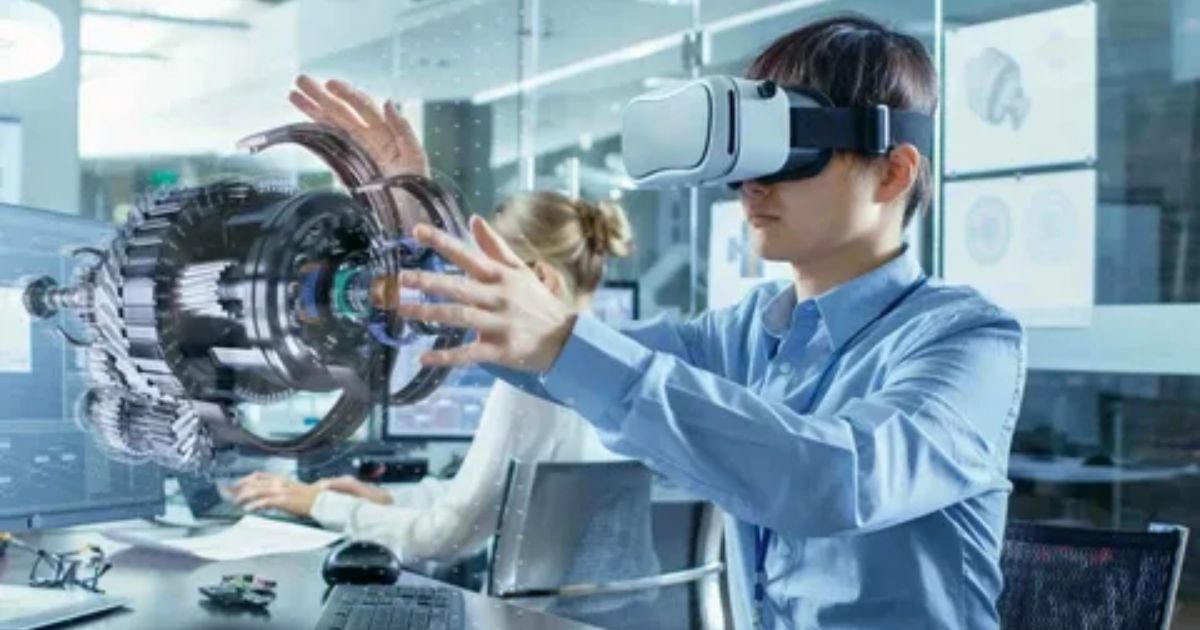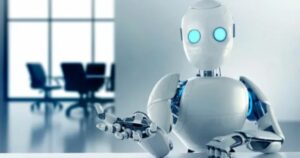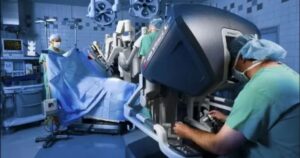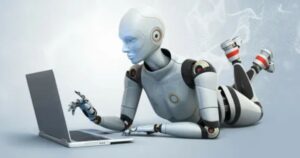The future of robotics research promises to revolutionize various aspects of our daily lives and industries.
As technology advances robots are set to become more intelligent or adaptable and integrated into human activities.The advancements in materials science will result in lighter more durable robots with improved sensory capabilities.
This article explores the evolving landscape of robotics research delving into what we can expect in the coming decades.Future advancements in robotics will enhance the capabilities of robots operating in harsh space environments assisting astronauts and contributing to the success of space missions.
Does Robotics Research Have a Future?
The field of robotics research certainly has a future. Innovations in robotics are continually shaping industries such as manufacturing or healthcare and transportation. The ongoing development of artificial intelligence (AI) and machine learning enhances robotic capabilities or making them more versatile and efficient.
Research in robotics aims to overcome current limitations and expand the potential applications of robots. By focusing on improving mobility dexterity and cognitive functions researchers are paving the way for robots to become integral parts of everyday life.
What is the Future of Robotics in 2030?
The future of robotics in 2030 is expected to be marked by significant advancements. The integration of AI with robotics will lead to more autonomous and intelligent robots capable of performing complex tasks. The use of robots in various fields elderly care and disaster response will become more prevalent.The development of collaborative robots or robots that work alongside humans will enhance productivity and safety in workplaces.
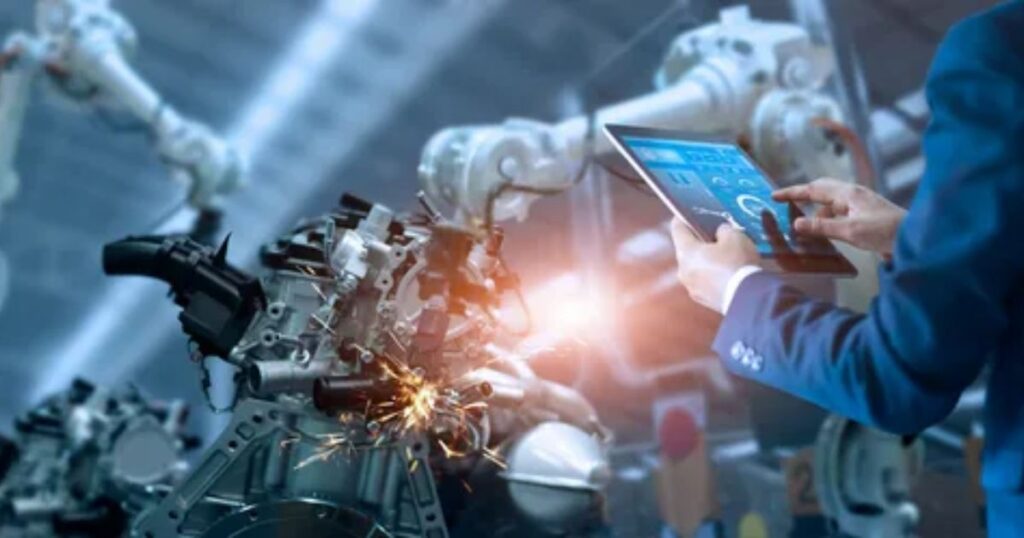
What Will Robotics Be Like in 2050?
The year 2050 will likely witness robotics technology reaching unprecedented levels of sophistication. The robots of the future will be highly autonomous with advanced AI systems enabling them to learn and adapt in real time. These robots will be capable of performing intricate surgeries managing complex logistics and even engaging in creative tasks art and music composition. The integration of robots into daily life will be seamless with advanced humanrobot interaction interfaces allowing for natural communication and collaboration.The robots will play a crucial role in addressing global challenges climate change and space exploration.
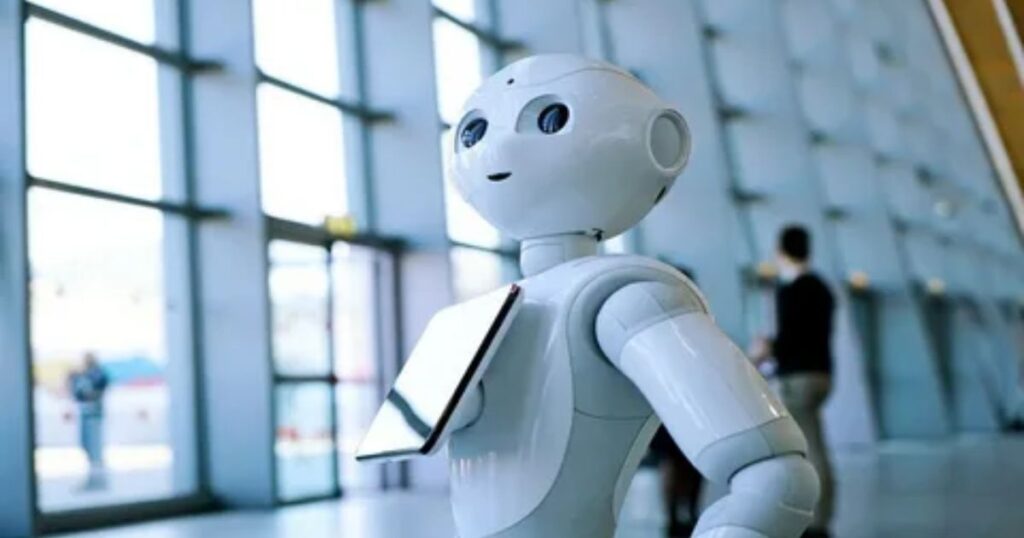
Will Robots Replace Humans?
The question of whether robots will replace humans is a topic of ongoing debate. It is unlikely that robots will fully replace humans in all aspects of life. Instead robots are expected to complement human efforts by taking over repetitive dangerous or physically demanding tasks. The focus of robotics research is on augmenting human capabilities and improving quality of life. Robots will assist in various domains from healthcare to household chores allowing humans to focus on more complex and creative endeavours. The collaboration between humans and robots will enhance productivity and innovation rather than result in a complete replacement.
Advances in AI and Robotics
The advancements in AI are pivotal to the future of robotics research. AI enables robots to process vast amounts of data, make decisions and learn from experiences. Machine learning algorithms improve robotic performance by allowing them to adapt to new environments and tasks. The development of neural networks and deep learning techniques further enhances robots’ ability to understand and interact with their surroundings. These advancements will lead to more sophisticated robots capable of handling complex operations and providing valuable insights in various fields.
Robotics in Healthcare
The application of robotics in healthcare is poised to transform patient care and medical procedures. Surgical robots are already being used to perform minimally invasive surgeries with high precision. Future developments will see robots assisting in diagnosis rehabilitation and elderly care. The use of robots in healthcare will improve the accuracy of treatments reduce recovery times and enhance overall patient outcomes.The robots will support healthcare professionals by performing routine tasks and managing medical equipment allowing for more focused patient care.
Robotics in Manufacturing
Robotics has long been a cornerstone of manufacturing processes and this trend will continue to evolve. The future of manufacturing robotics will see increased automation and flexibility. Collaborative robots or cobots will work alongside human operators enhancing productivity and safety. Advanced sensors and AI will enable robots to perform complex tasks quality control and assembly with greater precision.The integration of robotics in manufacturing will lead to more efficient production lines and customized manufacturing solutions.
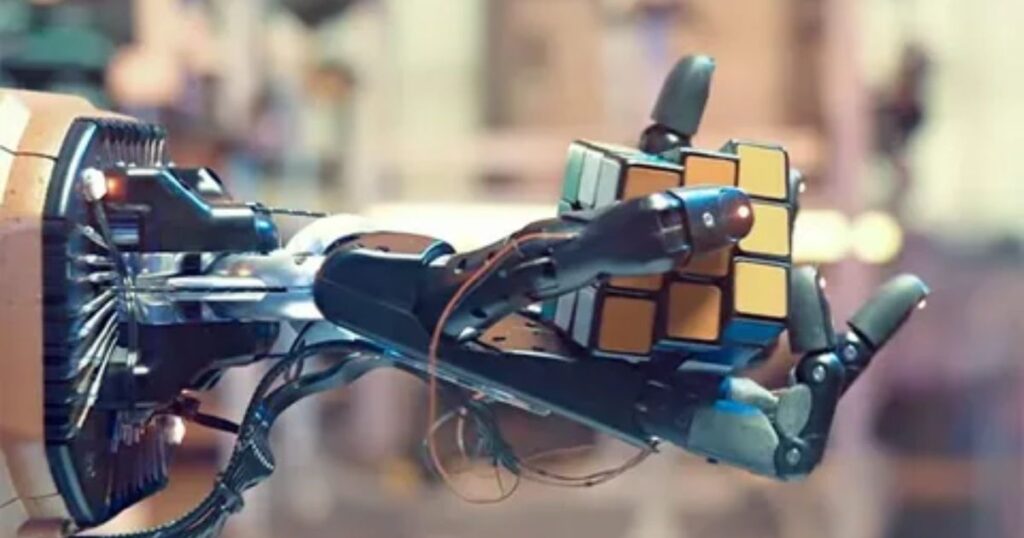
Robotics in Transportation
The transportation industry is undergoing significant changes due to advancements in robotics. Autonomous vehicles are at the forefront of this transformation promising safer and more efficient transportation.Selfdriving car strucks and drones will revolutionise logistics reducing the need for human intervention and minimizing traffic accidents.The development of robotic systems for transportation will also address challenges traffic congestion and environmental impact. The future of transportation will be characterised by increased automation and smarter more sustainable solutions.
Robotics in Agriculture
Agriculture is another sector benefiting from robotics advancements. Robotic systems are being developed to assist with planting harvesting and monitoring crops. These robots can perform tasks with high precision reducing the need for manual labor and increasing crop yields. The integration of robotics in agriculture will lead to more efficient farming practices and better resource management. As technology advances robots will play a crucial role in addressing food security and sustainability challenges.
Human-Robot Interaction
The future of robotics research will place a strong emphasis on improving human robot interaction. Developing intuitive interfaces and communication methods will make it easier for people to work with robots. Advances in natural language processing and gesture recognition will enable robots to understand and respond to human commands more effectively. Enhancing human robot interaction will facilitate smoother collaboration and ensure that robots can be integrated into various aspects of daily life with ease.
Ethical Considerations in Robotics
The rise of robotics brings forth important ethical considerations. As robots become more autonomous questions about their decision making capabilities and the potential impact on employment arise. Ensuring that robots are designed and used responsibly is crucial to address these concerns. Researchers and policymakers must work together to establish guidelines and regulations that govern the ethical use of robots. This includes addressing issues related to privacy security and the social implications of widespread robotic integration.
The Role of Robotics in Space Exploration
Space exploration is an exciting area where robotics plays a significant role. Robots are used in space missions to conduct experiments gather data and explore distant planets. Future robotics research will focus on developing more advanced robots capable of operating in harsh space environments. These robots will assist astronauts perform maintenance tasks and explore new frontiers in space. The continued advancement of robotics will be essential for the success of future space missions and the exploration of extraterrestrial worlds.
The Impact of Robotics on Education
The integration of robotics in education is transforming the learning experience. Educational robots are used to teach students about programming engineering and problem solving. Robotics kits and interactive platforms provide hands on learning opportunities that engage students and foster creativity. As robotics technology advances educational robots will become more sophisticated offering new ways to learn and explore STEM subjects. The impact of robotics on education will prepare the next generation of innovators and engineers for future challenges.
Robotics in Everyday Life
Robots are gradually becoming a part of everyday life. Household robots vacuum cleaners and lawn mowers are already common in many homes. Future developments will see robots taking on more complex household tasks cooking cleaning and even companionship.The integration of robots into daily life will enhance convenience and improve overall quality of life. As technology progresses robots will become more capable and affordable making them accessible to a broader range of people.
Conclusion
The future of robotics research is filled with exciting possibilities and transformative potential. As technology advances or robots will become more intelligent or versatile and integrated into various aspects of life. The collaboration between humans and robots will lead to enhanced productivity improved quality of life and innovative solutions to global challenges. Embracing the advancements in robotics while addressing ethical and societal concerns will be key to ensuring a positive and impactful future for this rapidly evolving field.Some jobs may be automated robots are expected to complement human work rather than replace it entirely. This shift will lead to the emergence of new job roles and require workers to adapt to evolving technological landscapes. Advances in robotics will lead to more precise treatments reduced recovery times and improved patient outcomes. Robots will also support healthcare professionals by performing routine tasks and managing medical equipment.
FAQs
How will robotics research impact the job market?
Robotics research is likely to impact the job market by creating new opportunities in fields such as robotics engineering and AI development.
What are some potential challenges of advanced robotics?
Some potential challenges of advanced robotics include ethical concerns privacy and security issues and the potential impact on employment.
How will robots influence the healthcare industry in the future?
Robots are expected to significantly influence the healthcare industry by assisting in surgeries diagnosis and patient care.
What role will robots play in space exploration?
Robots will play a crucial role in space exploration by conducting experiments gathering data and exploring distant planets.

Welcome to our robotics technology hub I’m Evan Clark, your guide to the latest innovations and advancements in the world of robotics.

